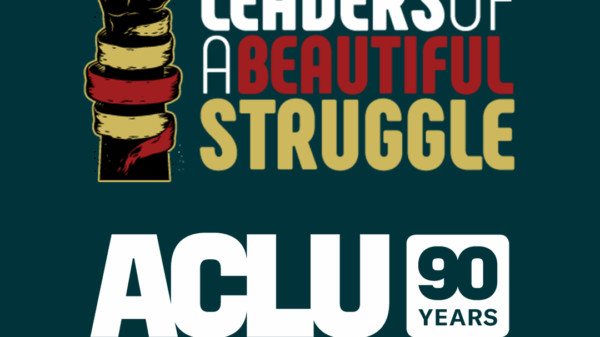- Publications >
- Other
The Maryland War On Marijuana In Black And White
Document Date: October 6, 2013
ACTIVISTS: DOWNLOAD & SHARE THIS FLYER
Using official FBI and U.S. Census data, the ACLU has analyzed arrest rates and trends for marijuana possession by race for every county in Maryland between 2001 and 2010. The results are shocking.
FINDINGS
The results of the ACLU’s analysis are detailed in the pages to come, but there were five overarching findings:
1. Maryland now has one of the highest rates of arrests for marijuana possession in the nation.
2. Between 2001 and 2010, arrests for marijuana possession increased dramatically in Maryland — by 34%.
3. Even though Blacks and Whites use marijuana at comparable rates, police arrest Blacks for marijuana possession at higher rates than Whites in every county in Maryland.
4. Racial disparities in marijuana arrests worsened dramatically in Maryland from 2001 to 2010. During that time, the number of Black arrests increased by 5,614 — but White arrests increased by only 371.
5. Maryland spent approximately $106 million enforcing marijuana possession laws in 2010 alone.
RACIAL DISPARITIES BY REGION
See maps with regional information:
REAL STORIES
Hear the personal experiences of people caught in Maryland’s misguided marijuana possession arrest dragnet.

GROWING SUPPORT FOR REFORM
See national and Maryland poll data
WE CAN DO BETTER…
1. In light of these shocking disparities and substantial costs, Maryland should join other states that have chosen to legalize, tax, and regulate marijuana.
2. By treating marijuana use as a public health issue, rather than a criminal justice issue, we can address concerns about substance abuse without criminalizing people.
3. Local officials, police chiefs, and prosecutors should agree to make enforcing marijuana possession laws among their lowest priorities.
4. Law enforcement agencies should actively combat racial profiling and eliminate incentives for improper stops, searches, and arrests, by ensuring officers understand the law; tracking and reporting how police conduct stops and searches; and by taking corrective action when stops and searches are conducted improperly.
…AND YOU CAN HELP!
Join the movement to end the drug war.
1. Tell us your story about how the war on drugs has impacted you, and ask your friends to do the same.
2. Tell the people in your life about the racial disparities and human and financial costs of treating marijuana as a criminal justice issue rather than a public health issue — at your job, at your place of worship, or anywhere else you can start a conversation.
3. Speak out against harsh drug policies and the criminalization of communities of color — write letters to local officials, media or religious leaders using the data in the ACLU’s report.
4. Organize a forum in your community to talk about these issues.
5. Know your rights in interactions with police.
Stay Informed
Sign up to be the first to hear about how to take action.
By completing this form, I agree to receive occasional emails per the terms of the ACLU’s privacy statement.
By completing this form, I agree to receive occasional emails per the terms of the ACLU’s privacy statement.

